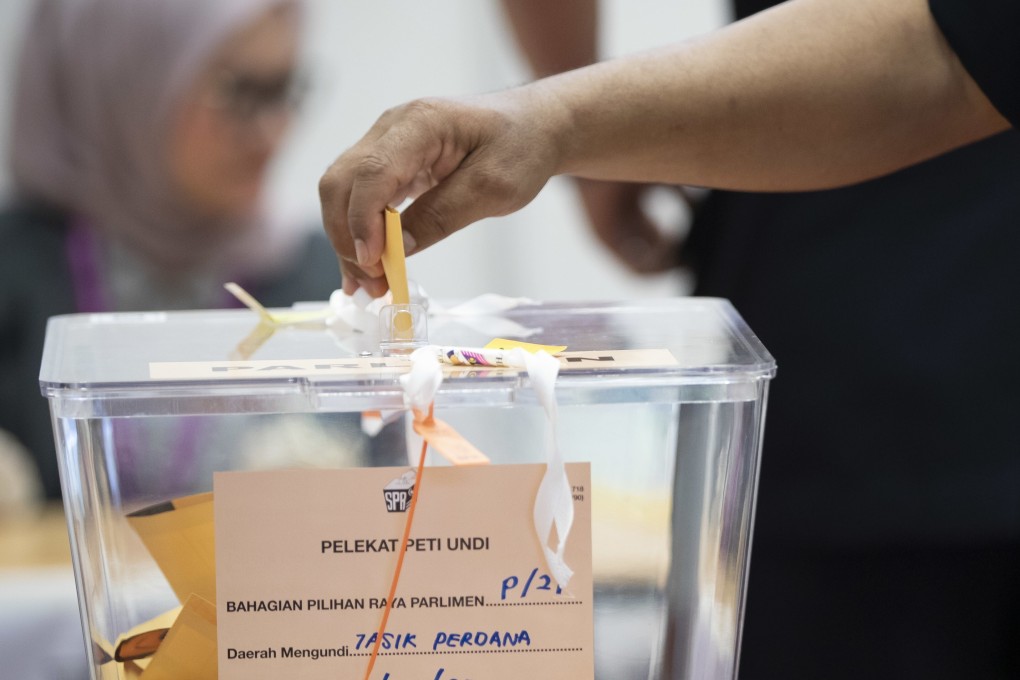Advertisement
Opinion | In Malaysia, it’s election fever again – but still no vote for anyone under 21
- Sabah state is going to the polls in the country’s latest instalment of political drama, but an amendment to lower the voting age to 18 has yet to be effected
- As nations from Japan to Canada have shown, there are no losers from having more young voters – and there is only stability for Putrajaya to gain
Reading Time:3 minutes
Why you can trust SCMP

“It’s election time” seems to be an evergreen statement in Malaysia these days.
As I sat down to write this column about youth voting in Asia, my colleague in Kuala Lumpur messaged the Slack group in which we discuss all things Malaysia and Singapore: “Sabah state elections in 60 days.” Chief Minister Shafie Apdal, it seemed, had decided enough was enough.
After weeks of speculation about katak (frogs – or, in the Malaysian context, defection-prone politicians) who were planning to lompat (jump, or in this instance, cross aisles) due to financial inducements, Shafie obtained permission from the state governor to call an election that must be held in 60 days.
Advertisement
The poll in the eastern Malaysian state is the second watershed political moment of the year.
In March, Prime Minister Muhyiddin Yassin came to power after instigating a party-room coup within the then ruling government. Talk is that he too has his eyes on a snap general election – perhaps by the end of the year – to shore up his razor-thin majority in the national legislature.
Advertisement
Advertisement
Select Voice
Select Speed
1.00x
